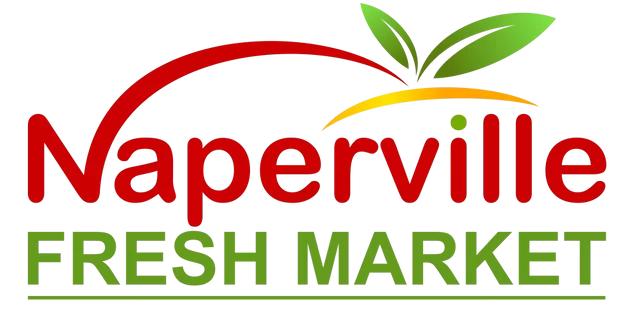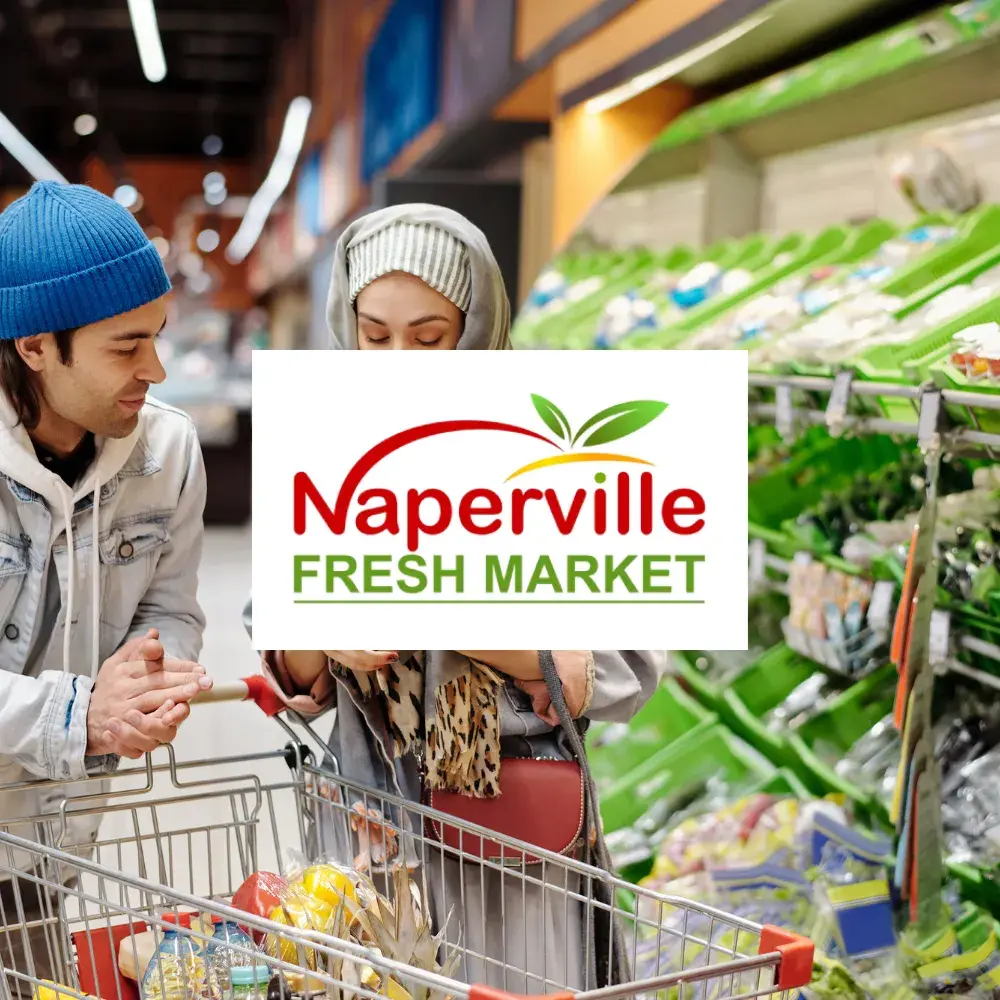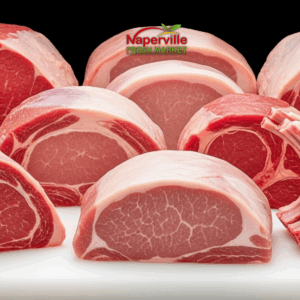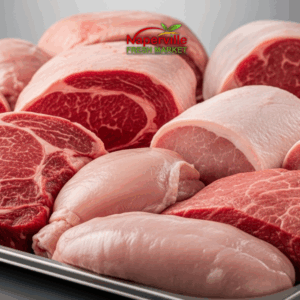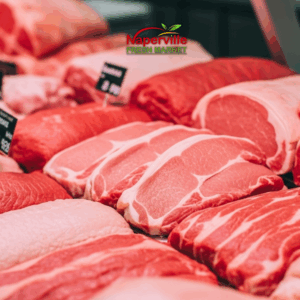In today’s interconnected world, supermarkets play a crucial role in bringing international flavors and products to their customers. As consumer demand for unique and diverse items grows, supermarkets have had to adopt effective global sourcing strategies. These strategies allow them to find, vet, and deliver products from all corners of the globe, ensuring that shoppers can access both everyday essentials and specialty goods from various countries. But how do supermarkets manage this complex process, and what factors influence their decisions?
Identifying Consumer Trends and Demands
One of the first steps supermarkets take when sourcing international products is understanding consumer preferences. Market research is key in identifying trends, such as the rise in demand for organic produce, exotic spices, or gourmet items. Supermarkets closely monitor these shifts to determine what products will resonate with their customer base. The supermarket industry thrives on being able to provide not only the staples but also exciting new products that create a unique shopping experience. Supermarkets often partner with data analytics companies to predict what items are gaining traction globally, allowing them to anticipate consumer needs and stock shelves accordingly.
Building Relationships with International Suppliers
A major component of sourcing international products is building and maintaining relationships with suppliers around the world. Supermarkets often partner with farmers, manufacturers, and distributors across various countries to ensure a steady flow of goods. These relationships are built on trust, with supermarkets requiring reliable supply chains that can meet quality standards and deliver products consistently. For instance, many supermarkets in the United States source coffee beans from Central and South America, relying on long-term partnerships with coffee growers to ensure a consistent product. Cultivating these international partnerships allows supermarkets to diversify their offerings and maintain an edge in an increasingly competitive market.
Adapting to Global Trade Regulations
When sourcing products from different countries, supermarkets must navigate complex trade regulations and import laws. Every country has its own set of rules governing the export and import of goods, and supermarkets need to stay updated on these changes to avoid delays or penalties. Supermarkets often have dedicated teams that handle international logistics, ensuring that all products meet local regulatory requirements. Whether it’s dealing with tariffs, quality control, or certifications, supermarkets must be adept at managing these hurdles to keep their shelves stocked with high-demand products. Adapting to these regulations is an essential part of any successful global sourcing strategy.
Sustainability and Ethical Sourcing Practices
Modern supermarkets are increasingly focused on sustainability and ethical sourcing practices. Customers today are more conscious of the environmental and social impact of the products they buy, pushing supermarkets to be transparent about where and how their goods are sourced. Many supermarkets have adopted fair trade certifications and sustainable sourcing policies to meet these expectations. By choosing suppliers who prioritize eco-friendly practices, supermarkets can offer products that align with their consumers’ values, all while supporting global communities. In this way, ethical sourcing is not just a trend but a long-term strategy for supermarkets looking to build customer loyalty.
Supermarkets have revolutionized the way they source products globally, ensuring that consumers have access to the best the world has to offer. Through strategic partnerships, market insight, regulatory navigation, and a focus on sustainability, supermarkets are able to bring international products to their shelves while meeting evolving customer expectations.
Learn More
The Art of International Sourcing: How Supermarkets Choose Foreign Suppliers
The Art of International Sourcing: How Supermarkets Choose Foreign Suppliers
